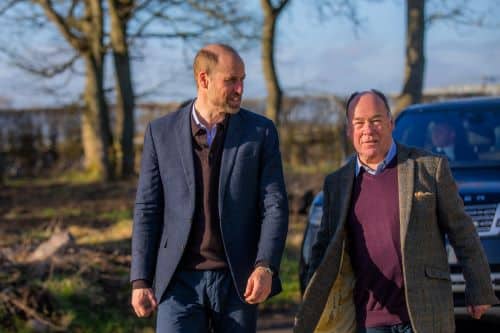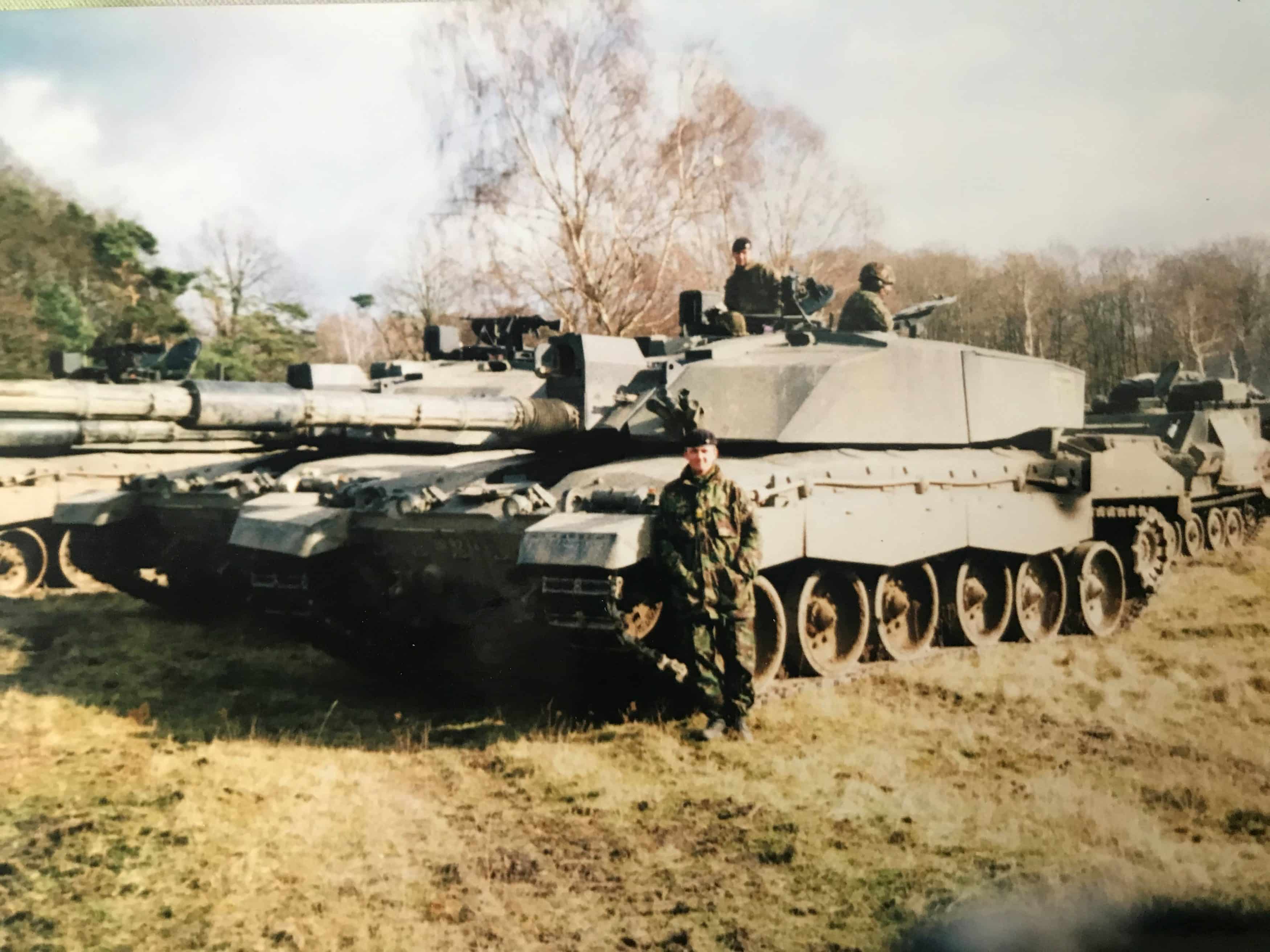Bell Ingram Announces Headline Sponsorship of Scotland’s Premier Country Sports Tourism Conference
Bell Ingram, a leading firm of rural chartered surveyors, is proud to announce its headline sponsorship of Scotland’s flagship Country Sports Tourism Conference.
As a company dedicated to managing sporting estates across Scotland, this partnership is a natural fit, reflecting Bell Ingram’s commitment to supporting and promoting the country’s thriving country sports tourism industry.
This new event will be held at Blair Castle on 2 May 2025 and will bring together estates, sporting providers, tourism businesses, and key stakeholders to explore the future of country sports tourism in Scotland. Organised by Country Sport Scotland, the leading resource for country sports tourism proudly owned and operated by the British Association for Shooting & Conservation (BASC), the conference aims to facilitate knowledge-sharing, networking, and collaboration within the sector through expert-led keynotes, panel discussions, and workshops.
Scotland is globally renowned for its rich sporting heritage, offering world-class experiences such as deer stalking in the Highlands, game shooting on prestigious estates, and fly fishing on legendary rivers.
With country sports tourism contributing £340 million in direct value and £760 million in total economic impact annually, Bell Ingram recognises the importance of strengthening and promoting this vital industry.
Rob Whitson, Head of Rural Land Management at Bell Ingram, commented: “As specialists in the management of Scotland’s finest sporting estates, we understand the importance of sustainable country sports tourism. This conference provides an invaluable opportunity for industry leaders to collaborate and ensure the sector’s long-term success.”
Kirk Norbury, Project Manager of Country Sport Scotland said: “This is a significant step forward for Scotland’s country sports tourism sector. Our industry plays a crucial role in supporting rural economies, attracting international visitors, and preserving Scotland’s sporting history. By bringing together experts, businesses, and providers, we can ensure that country sports tourism remains a sustainable and thriving part of Scotland’s visitor economy.”
Peter Clark, Scotland Director of BASC said: “Scotland showcases the very best of sporting tourism, with a worldwide reputation of warm hospitality and the very best of experiences. BASC was delighted to take on board Country Sport Scotland last year, and we have seen this organisation go from strength to strength since this acquisition. This inaugural conference will bring the brightest and the best in the sector to champion a way forward for Scotland’s world-renowned sporting sector”.
With strong demand from the UK, Europe, and North America, Scotland’s country sports sector has significant growth potential, particularly in high-end markets. The conference will explore strategies to position Scotland as a world-class destination for fieldsports, ensuring its continued success and sustainability.
Bell Ingram looks forward to playing a key role in fostering innovation and driving the future growth of Scotland’s country sports tourism sector.














